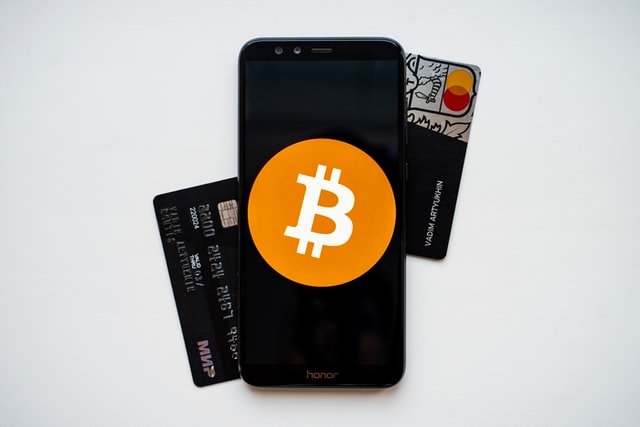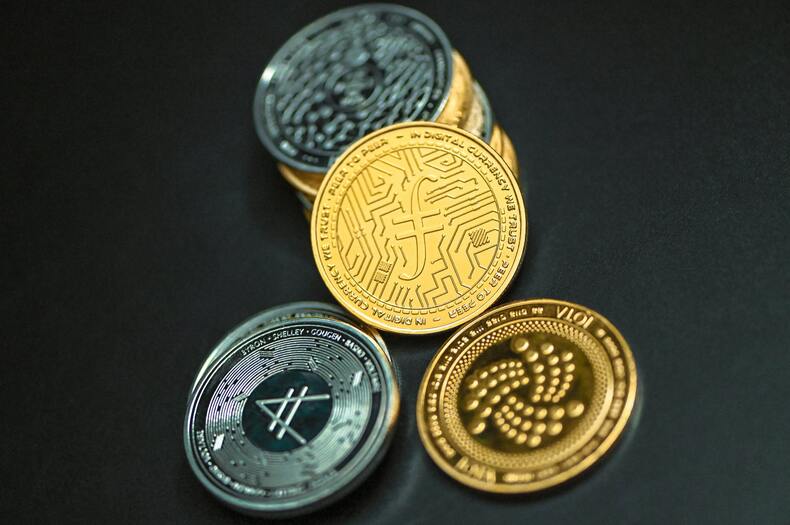
What is bitcoin, and how does it function?
Bitcoin is a cryptocurrency that operates without the intervention of any central body or government. Instead, peer-to-peer (P2P) programs and cryptography are employed.
Every bitcoin transaction is stored in a public register, with copies maintained on servers across the world. A node is a server that may be set up by anybody with a spare computer. Rather than depending on a central source of trust, like a bank, cryptographic consensus on who owns which coins is achieved among these nodes.
Every transaction is broadcast to the entire network and shared between nodes. They consolidate these transactions into a block and add them permanently to the blockchain every ten minutes or so. This is the most up-to-date list of bitcoin addresses.
Virtual currencies are stored in digital wallets, which may be accessed by client software or a variety of internet and hardware solutions, similar to how traditional coins are kept in physical wallets. Bitcoins are now split into seven decimal places: a milli is a thousandth of a bitcoin, and a satoshi is a hundred millionth of a bitcoin.
There is no such entity as a bitcoin or a wallet in actuality; instead, the network decides who owns a currency. When making a transaction, a secret key is used to verify ownership of money to the network.
Is it possible to exchange bitcoin for cash?
Bitcoin may be traded for cash, just like any other commodity. People may do this on a variety of cryptocurrency exchanges online, but transactions can also be done in person or via any communications network, allowing even tiny enterprises to take bitcoin. There is no formal method for changing Bitcoin to another currency.
Is bitcoin a safe investment?
The SHA-256 algorithm, created by the US National Security Agency, is used in Bitcoin’s cryptography. For all intents and purposes, cracking this is impossible since there are more potential private keys to test (2256) than there are atoms in the universe (estimated to be somewhere between 1078 to 1082).
Despite certain high-profile cases of bitcoin trades being hijacked and funds stolen, these companies usually always maintain digital money on account of their customers.
In these cases, the website was hacked rather than the bitcoin network.
In principle, if an attacker possessed more than 50% of all bitcoin nodes, they could form a consensus claiming they held all bitcoin and have it recorded in the blockchain. As the population of nodes grows, however, this becomes less viable.
The fact that bitcoin functions without a central authority are a significant issue. As a consequence, anyone who makes a blunder with their wallet transfer will be without recourse. If you send bitcoins to the wrong person or lose your password, there would be nothing to turn to.
Bitcoin’s Benefits
Regardless of the fact that Bitcoin was first introduced in 2009, it is still viewed as a novel sort of currency with a lot of ambiguity. Understanding the advantages of Bitcoin can certainly assist you to make the decision if it’s a good investment for you.
- Liquidity and accessibility
One of the most appealing aspects of cryptocurrency, and Bitcoin is no exception, is that it frequently sees no borders. Bitcoin has the advantage of being very approachable and adaptable to money. Because it simply takes a few minutes to transmit bitcoins to another user, it may be used to purchase goods and services from the ever-growing number of companies that recognize it. This enables spending money in another nation and converting currencies easily, with the added benefit of low or no costs. It is also simple to sell bitcoins at any moment.
- Transparency and anonymity for users
Bitcoin users are recognized by numerical identifiers and can have several public keys, albeit they are not fully anonymous.
This prohibits transactions from being connected back to the user and disables public surveillance. Despite the fact that the transactions are constantly visible, which provides transparency, blockchain technology ensures that they are protected from fraud. Furthermore, you, as the wallet holder, would be the only one who knows how many bitcoins you possess.
Even if the address for your wallet becomes visible, you could construct a new wallet address for greater protection and anonymity. In contrast to a typical money system in which personal data might be disclosed from a bank, Bitcoin transactions do not require any additional personal information, which enhances user privacy.
- Independence from the central government
Bitcoin is a decentralized currency, which means it isn’t controlled by a single government or central bank. This means that authorities are unlikely to freeze or confiscate your coins. There’s also no method to tax Bitcoin in a practical way. Because the pricing isn’t related to government policy, this theoretically provides people independence and control over their money. And, in general, Bitcoin users perceive this to be one of the very inherent perks of the cryptocurrency.
- High Potential for Profit
Bitcoin values are notoriously volatile, fluctuating dramatically monthly and sometimes daily. For example, Bitcoin was valued at $975.70 in March 2017, and it soared to $20,089 in December after only a few months. Only a few years later, in April 2021, Bitcoin achieved an all-time peak of $64,000.
This demonstrates that, despite considerable price volatility, cryptocurrency users may see this as one of Bitcoin’s advantages since it might end in a high return potential. Many investors and businesses have opted to embrace Bitcoin because a rising number of users believe it is a potential global currency. Many investors and businesses have opted to embrace Bitcoin because a rising number of users believe it is a potential global currency.
This increases the possibility of a higher return, especially for those who bought it at a lower price. Furthermore, other investors anticipate Bitcoin will continue to appreciate in value over time, with values approaching $500,000 by 2025. Because of the fixed supply cap of 21 million coins, this is the case. And that supply cap will most likely occur within a certain time frame, which many feel will boost Bitcoin’s long-term worth.












Leave a Reply